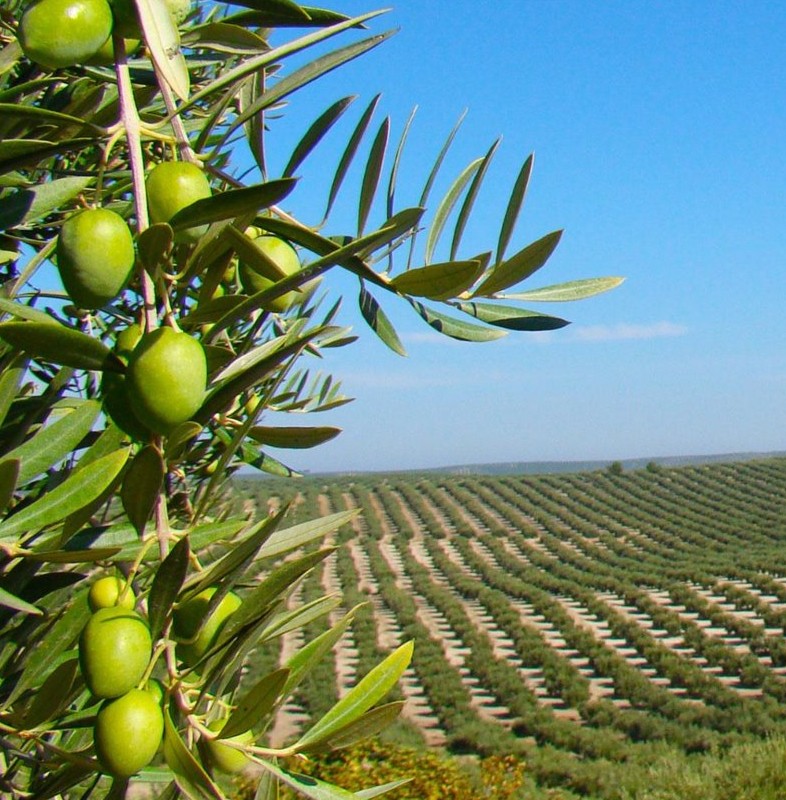La situación geográfica de Argelia le confiere uno de los climas más favorables para el cultivo del olivo. Así lo afirma Samir Gani, presidente del Comité Organizador del Concurso Nacional del mejor AOVE argelino Apuleius y director de la feria internacional de la aceituna S.I.O. Med Mag Oliva Argelia, en el boletín Juan Vilar.
El sector olivarero es un importante eslabón de la economía, el patrimonio y la cultura argelinos, y está muy presente en la dieta argelina que ahorra al país la importación de 120.000 toneladas de aceite de oliva y 300.000 toneladas de aceitunas de mesa.
La crisis económica y la caída del precio del petróleo han llevado a las autoridades argelinas a optar por un cambio en su política y apostar por una olivicultura capaz de generar un excedente que se destinará a la exportación, explica Gani a Vilar. De ahí la aparición de nuevas explotaciones olivareras y de nuevos territorios donde antes no existía el cultivo del olivo, como en el Sáhara y en las tierras altas que son zonas áridas y semiáridas.
Este país ha pasado de 190.000 a 500.000 hectáreas de olivares en menos de 20 años, formados por unos 160 olivares autóctonos introducidos desde otros países mediterráneos, con más de 70 variedades autóctonas, de las cuales 36 ya han sido aprobadas.
Exportar
El futuro del sector oleícola en Argelia, Gani lo califica de muy prometedor, ya que destaca que tienen un gran margen de desarrollo que, desde su punto de vista, les permitirá estar entre los tres mayores productores del mundo.
En cuanto a la exportación, esperan un exceso de producción en el futuro. Promover un mayor consumo a nivel local es su prioridad, pero no será suficiente. Para ello, se está trabajando en la optimización del rendimiento, la mejora de la calidad, la creación de consorcios; además de otras acciones, como el saneamiento del entorno empresarial en Argelia, que abrirá la puerta a la inversión y a ala asociación con operadores extranjeros en un espíritu de beneficio mutuo, destaca Gani.
Consumo
El consumo medio de aceite de oliva en Argelia es de 2,5 litros por habitante y año, con picos en algunas regiones, como la Cabilia, que alcanzan los 15 litros /persona/año. Asimismo, se espera que este consumo medio aumente en los próximos años, ya que los precios de venta, que, según el presidente del Comité Organizador, Apuleio, no son asequibles para el consumidor, comienzan a bajar y los consumidores son cada más conscientes de los beneficios del aceite de oliva para su salud.
Asimismo, añade que la oferta, que empieza a superar la demanda, presiona a los productores para que reduzcan su margen de beneficios.
También destaca el compromiso del país con la mejora de la calidad del aceite de oliva argentino, a través de campañas de sensibilización la organización internacional especializada, un concurso nacional para el mejor AOVE, conferencias científicas, formación en cata y análisis sensorial, que los ha llevado a un cambio de tendencia gradual pero radical, de consumidores comprometidos con la demanda de calidad, es decir, de AOVE.


